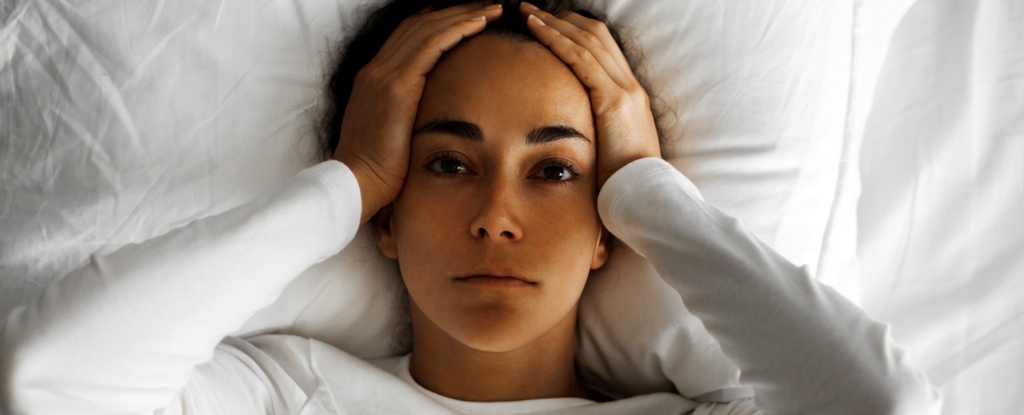
Sleep is vital for overall well-being, enhancing cardiovascular health, immune function, and emotional stability. Many individuals strive to improve their sleep quality, often relying on “sleep hygiene” practices. However, according to sleep therapist Kirsty Vant from Royal Holloway University of London, some commonly recommended strategies can inadvertently exacerbate insomnia.
Understanding Sleep Hygiene and Its Pitfalls
Sleep hygiene encompasses the habits and environmental factors that promote healthy sleep, such as maintaining a consistent bedtime, avoiding screens before sleep, and reducing caffeine intake. While these tips may be beneficial for those who sleep well, they can backfire for individuals suffering from insomnia.
Vant highlights five prevalent sleep hygiene practices that may reinforce sleeplessness.
Five Common Sleep Strategies That Can Backfire
1. Spending More Time in Bed
For many, the instinctive response to insomnia is to spend more time in bed, hoping to “catch up” on sleep. Yet, this often leads to a negative association between the bed and wakefulness. Vant advises limiting time in bed to strengthen sleep pressure—your body’s natural urge to sleep. Going to bed slightly later while maintaining a consistent wake-up time can help restore the bed as a cue for sleep.
2. Strictly Avoiding Screens
While it is widely believed that screens should be entirely avoided before bedtime due to their blue light emitting properties, Vant suggests this advice may be overly simplistic. Those with insomnia often reach for their devices out of frustration when sleep evades them. Instead of a complete ban, consider using screens strategically with calming content, setting night-mode settings, and avoiding mindless scrolling. A soothing podcast or gentle documentary might provide the necessary distraction to aid relaxation.
3. Cutting Out Caffeine Completely
Caffeine is known to block adenosine, a neurotransmitter that promotes sleepiness. However, individual responses to caffeine vary significantly. While some may benefit from eliminating caffeine later in the day, others may find that a morning cup helps energize them and supports a healthy sleep-wake cycle. Understanding personal tolerance levels is crucial.
4. Trying Too Hard to ‘Optimize’ Sleep
The global sleep economy, valued at over £400 billion, offers a plethora of products aimed at improving sleep quality. Yet, this has given rise to a phenomenon known as orthosomnia—the anxiety stemming from an obsession with perfecting sleep. Vant emphasizes that sleep is an autonomic function, similar to digestion. While healthy habits can influence sleep, attempting to force it can lead to increased anxiety. Sometimes, the best approach is to reduce the preoccupation with sleep itself.
5. Expecting the Same Amount of Sleep Each Night
Healthy sleep patterns are not static; they fluctuate in response to various factors, including stress, physical health, and age. For instance, when caring for infants, adults often adapt their sleep to meet feeding needs. Rigid expectations regarding sleep can set unrealistic standards. Recognizing that some nights will inevitably be better than others is an essential aspect of managing sleep.
Vant’s experience as a sleep therapist reveals a critical misunderstanding in society regarding insomnia. It is a complex issue, and suggesting that individuals simply “switch off” oversimplifies the problem. The pervasive belief that sleep is entirely within one’s control can further complicate the struggle for those dealing with insomnia.
For those experiencing ongoing sleep difficulties, alternative evidence-based treatments exist beyond traditional sleep hygiene. Cognitive Behavioural Therapy for Insomnia (CBT-I) is considered a gold-standard psychological intervention. Additionally, new medications, such as orexin receptor antagonists (including suvorexant, lemborexant, and daridorexant), are available to assist in both falling asleep and maintaining sleep.
Insomnia is a prevalent and treatable condition, and it is essential to remember that it is not a personal failing. Understanding and addressing the nuances of sleep can lead to effective solutions for those affected.







